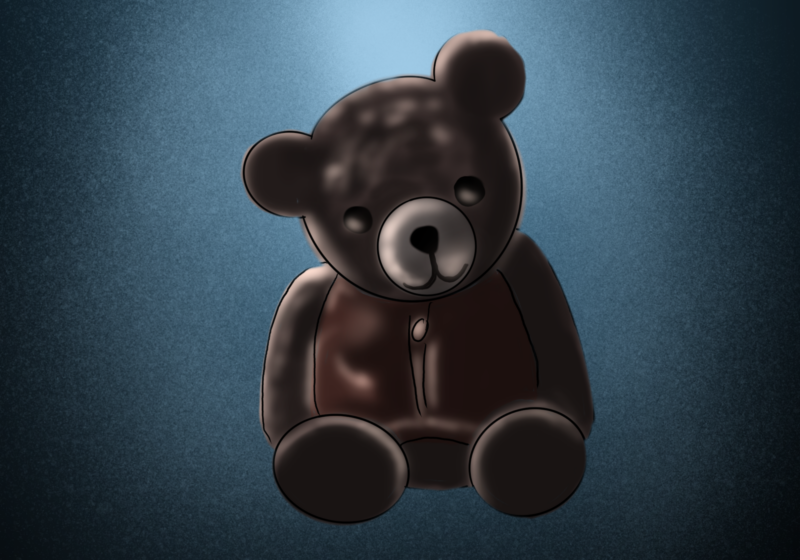For years, David Bowie lived with his wife, Iman, in New York City. They went largely unnoticed in the city of millions; friends were amazed at how Bowie could walk around without being recognized. Bowie, who died from liver cancer last week at age 69, was an oddity—he used a multitude of on-stage personas to craft his image as an adept performer and reveled in weirdness—and his music was enigmatic. Moving across genres from his foundational expertise rooted in art pop and rock, Bowie delved into avant-garde electronica, jazz, and glam.
Much has been made of the fact that Bowie’s 25th album, “Blackstar”was released on January 8, a mere two days before his death. It is difficult, if not impossible, to ignore Bowie’s death as it pertains to the album. As an album, “Blackstar” is dark and lush: it’s among the most self-conscious works that Bowie has released in recent memory. Filled with jazz and touches of improvisation that make it unlike anything else in Bowie’s repertoire, there are unmissable nods to the eras Bowie defined and the music he had released. Moreover, the album shows Bowie coming to terms with his mortality and legacy.
Throughout “Blackstar,” Bowie’s voice is warped, raspy, and rooted in self-awareness. The intonations of the lyrics don’t really sound like they are coming out of Bowie.
Halfway through the album’s titular, grim opening track, Bowie moves into a delicate second movement that is reminiscent of some of his earlier ballads. Bowie croons, “Something happened on the day he died / Spirit rose a meter and stepped aside / Somebody else took his place, and bravely cried / I’m a blackstar, I’m a blackstar.”
The second track on the album, “‘Tis A Pity She Was a Whore,” was originally released in 2014 as a B-side to “Sue (Or in a Season of Crime),” which ended up being the fourth track on “Blackstar.” In a Facebook post shortly after the track was released, Bowie states that the song “acknowledges the shocking rawness of the First World War.” The song, likely one of the strongest on the album, is simultaneously dizzying and precise, with noticeable melody and delicate synthy counterpunches that distance us from Donny McCaslin’s chaotic improvisation on saxophone.
“Lazarus” contains perhaps the most explicit allusions to death on the album. The track, which was released as a single on December 17, begins with the lyric “Look up here, I’m in heaven / I’ve got scars that can’t be seen / I’ve got drama, can’t be stolen / Everybody knows me now.” By the end of the track, Bowie seems to almost come to terms with his (then) impending death, telling us that he can be free “just like that bluebird.” It’s a heartbreaking farewell, one that took many by surprise after juxtaposing Bowie’s death with the track.
“Blackstar” is better and more complex than Bowie’s 2013 comeback, “The Next Day,” which largely contained nostalgic singles—chiefly “Where Are We Now?”— and was largely aimed at providing a counterpoint to Bowie’s 1977 album “Heroes.”
“Blackstar” rounds out Bowie’s discography quite nicely, providing some semblance of closure. In the critical reevaluation of Bowie’s discography that is certain to come, “Blackstar” will no doubt be considered a work that deserves to be listened to alongside Bowie’s masterpiece Berlin trilogy, which consists of the albums “Low,” “Heroes,” and “Lodger,” all produced in the late ‘70s when Bowie was living in West Berlin.
If “Blackstar” tells us anything, it’s that Bowie wanted to be remembered for being himself, not Ziggy Stardust or Aladdin Sane. “Blackstar” stands on its own as an incredibly personal work of art and farewell—Bowie will never perform the album live, something too heartbreaking to bear.






